
Lakhvi, on the other hand, was released on bail by an anti-terrorism court in December last year but had remained incarcerated under the Maintenance of Public Order until his release was ordered by the IHC. However, the Punjab home ministry restored his detention for a one-month period a day later. Aseemanand continues to remain behind bars as he is accused of being involved in two other equally heinous incidents besides the Samjhauta Express tragedy.
Being a relatively more developed democracy and endowed with, it is presumed, a relatively more mature judiciary, one would have expected India to have brought the Samjhauta Express case to its logical conclusion a long time ago. Still, one does not understand what Pakistan expects to gain out of equating the two cases — Samjhauta and Mumbai — every time it is confronted with probing questions about the latter. Of course, both are equally heinous in character and gruesome in human tragedy. Still, it would be irresponsible on our part to create the impression that our judiciary is dragging its feet on the Mumbai case just because the Indian judiciary is taking its own time to punish the culprits involved in the Samjhauta slaughter.
There is another dimension, a serious one too at that, to the Mumbai case which it would be advisable to keep in mind while making official public excuses on why the case continues to drag. In a US-India joint statement issued on September 30, 2014 in Washington, following a meeting between US President Barack Obama and the visiting Indian Prime Minister, Narendra Modi, the two reiterated their call for Pakistan to bring the perpetrators of the Mumbai attack to justice. And in an interview to India Today in January this year, President Obama who was visiting India said: “I’ve made it clear (to Pakistan) that even as the United States works with Pakistan to meet the threat of terrorism, safe havens within Pakistan are not acceptable and that those behind the Mumbai terrorist attack must face justice.” And many in and out of Pakistan believe that it is not for want of evidence that the Mumbai case is dragging but because the evidence is yet to be produced in full by the prosecution.
It is only tragic that soon after hopes were raised for the resumption of bilateral dialogue following the visit of the Indian foreign secretary to Pakistan under the cover of the Saarc yatra, things should have taken such a dip. One would hope that after having registered its protest, India would get on with the dialogue process and Pakistan on its part would make sincere efforts to reassure all stakeholders that it would do its utmost to bring the perpetrators of Mumbai to justice. In fact, it would be just in keeping with the objectives of the 20-point National Action Plan developed following the Army Public School massacre of December last year to go hammer and tongs against all terrorists, both the so-called good and the bad terrorists, including the LeT and all such groups which have been holding the country to ransom all these years.
Published in The Express Tribune, March 15th, 2015.
Like Opinion & Editorial on Facebook, follow @ETOpEd on Twitter to receive all updates on all our daily pieces.











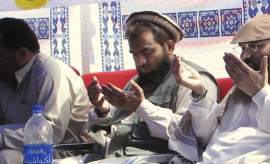
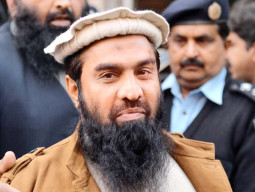
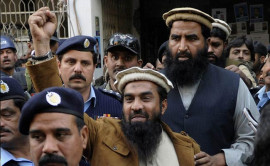
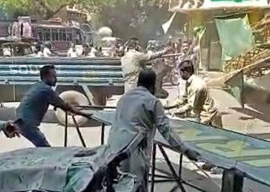
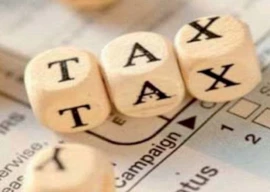
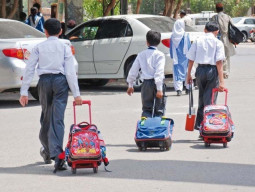

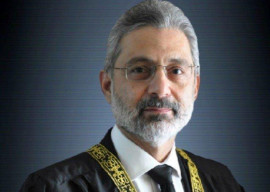
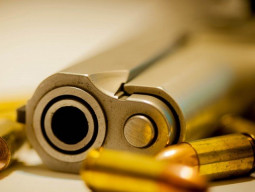















COMMENTS (6)
Comments are moderated and generally will be posted if they are on-topic and not abusive.
For more information, please see our Comments FAQ